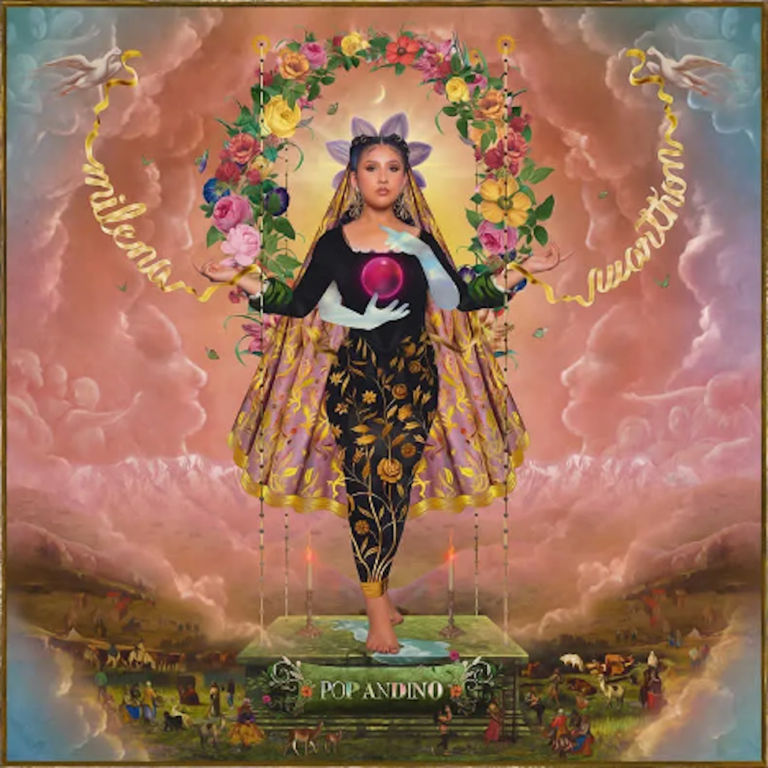By Richard Mason
Social media has done something to America’s cultural fabric that was probably pitched hundreds of times by Social Network wannabes, but never really thought of seriously. The one stop shop is real, and it’s not beneficial to anyone who isn’t involved in digital advertising. TikTok is the dominant digital hub for Gen Z, overtaking the once dominant Youtube and being second to Snapchat in percentage of users. The consequences of having a single platform occupying the lives of young people have been questioned most vocally by older generations. For example, Congress has had a couple of scraps with the social media giant and their adversaries in the past few years. Most recently, the Senate had a hearing on the emotional ramifications experienced by the wired generation. I agree with the stated efforts of this past hearing, TikTok was where Iowa high school mass shooter Dylan Butler posted a snarky video before killing one and wounding five others.
My own criticism deviates from elected officials, because they have often had more shallow concern with the nationality of TikTok’s parent company. I am interested in the information monopoly and dangers to user’s social wellbeing that has come with the platform. There’s a self-esteem race to the bottom which I think is the worst aspect. It is not news to past and current users that there is a genre of post that is dedicated to soapboxing the benign. It can be trying to conceptualize the mundane, or getting the most content possible out of a single post. Is TikTok the first social media app to have an obnoxious user culture? No, that would go to Reddit. To me TikTok’s algorithm is uniquely bad with encouraging this behavior. There is a steady stream of ego boosting and clout chasing, that gets pushed the more people view the post. I think this phenomenon of users wanting to feel noticed encourages a competition that will hurt more egos than stroke.
Content is the most important component to me, but I want to illustrate how Tik is technically more advanced than the competition as well as engaging. Nobody has the exact answer to how it is done, but the content curation on the app is personalized to an extent unmet by the other platforms. It’s why I left the app and still linger on the alternatives. Twitter’s “for you” feed has had worse days, but I also have used the block feature more on that app than anywhere else. Instagram has a blunt recommendation system; it tends to cling to whatever I look at the most. I had to game both platforms to work for me, which I prefer to feeling like TikTok has my entire life documented in the cloud.
I don’t think legacy, or even millennial centered media has a shot of keeping up with any of this. Young people’s declining interest in traditional media and entertainment has been known, though this moment in time feels uniquely bad. This moment in time has a name, some on Twitter have coined it the “death of websites”. Pitchfork is close to the status of becoming a deceased https, it is being planned to be merged into GQ. It is an unexpected decision, after all young people are interested in music curation, less mainstream artists have been fondly embraced by Gen Z. Not too long ago, a random track from the band Pavement went viral on TikTok, an indie rock band that hasn’t released a new album in two decades. TikTok’s role as a taste maker for young listeners hasn’t gone unnoticed, their conflict with publishing giant Universal Music Group is telling of how legacy media knows the new pop-culture ecosystem. The larger flagships from my early teens online and not just music nerd spaces are being salvaged for scrap too, Vice and Buzzfeed are in dire shape. Legacy publications that would appear accessible are not safe either, Sports Illustrated is getting gutted for ailing returns.
Are young people too anti-establishment to support conventional news publications? While I can’t verify if the users are old enough to drink, the Daily Mail’s huge TikTok following is not doing favors for anyone. I mentioned this once before, but TikTok holds the attention of so many young people that it is a monopoly. While it is full of user curated content, it is largely sensationalist and unfounded, like The Daily Mail. Don’t get the wrong idea, I am not advising young people to read the National Review and listen to talk radio, I just wish they challenged themselves more. The platform discourages curiosity and promotes a culture of self-gratification that isn’t healthy. Looking at hours of curated video content didn’t give me the same joy as coming across articles detailing the history of my personal rock god canon. Read something local to your hometown, find a music writer who gets your favorite scene, go out of your way to understand the world. I want an end to the culture that has my sister telling me to get a low taper fade every day.



